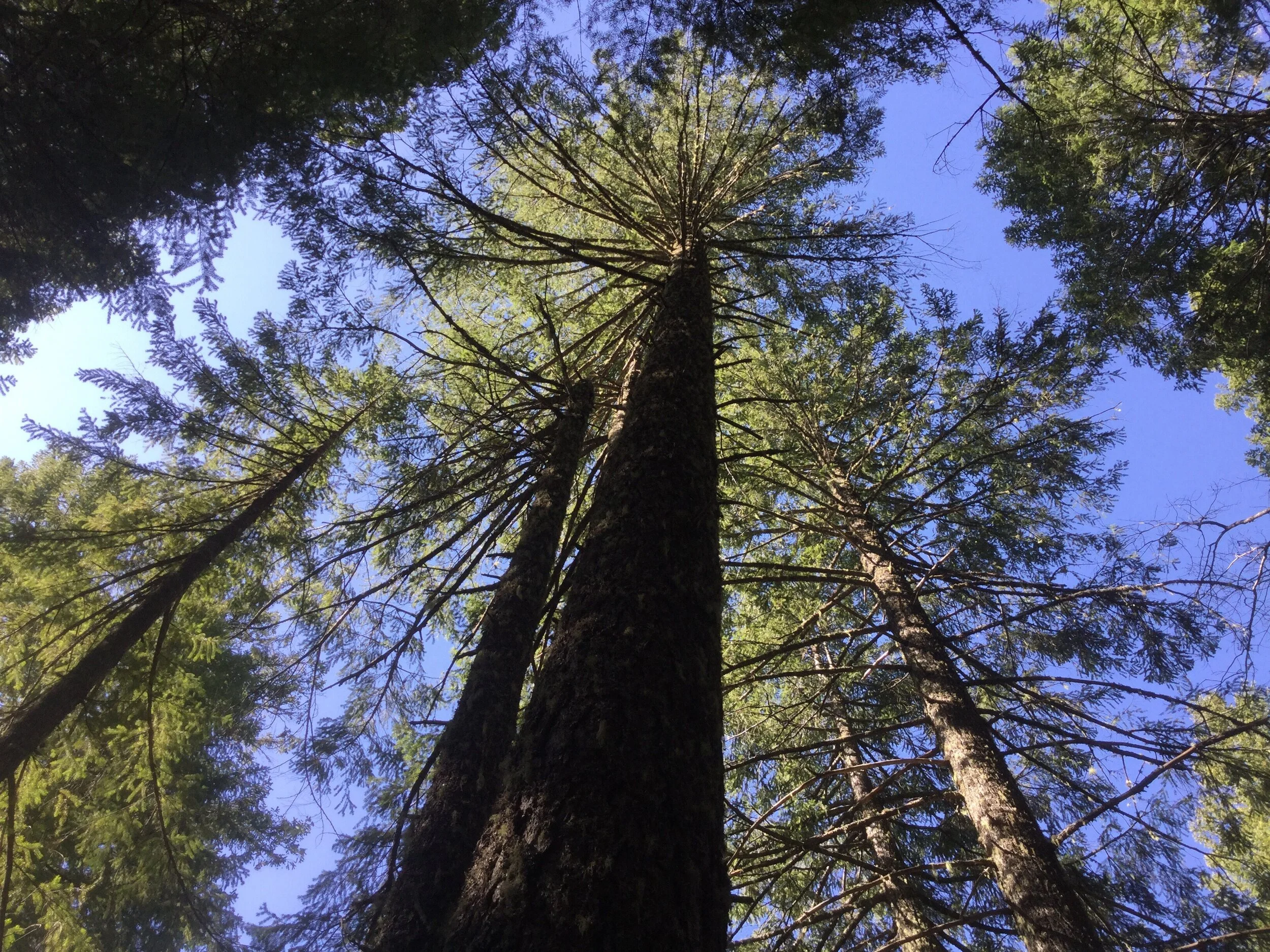Klamath National Forest Drops Illegal Old-Growth Timber Sale
FOR IMMEDIATE RELEASE
August 11, 2020
YREKA, Calif.—In the face of litigation brought by conservation organizations, the Klamath National Forest has withdrawn its approval of a timber sale that threatened old-growth forests in the cold water tributaries of the Klamath River. The "Crawford" timber sale would have removed large-diameter thick-barked old-growth trees that are resilient to fire, provide crucial wildlife habitat, and regulate streamflow and temperature of mountain streams that are critical to the health of the Klamath River. The Klamath-Siskiyou Wildlands Center (KS Wild), Klamath Forest Alliance (KFA) and the Environmental Protection Information Center (EPIC) filed suit in April in the Eastern District Court of California alleging that the timber sale violated the National Environmental Policy Act and the National Forest Management Act.
"It is unfortunate that the Klamath National Forest refuses to work with the public to create projects that restore rather than harm forests and watersheds" said George Sexton, Conservation Director at KS Wild. "It shouldn't take a federal lawsuit for the Forest Service to acknowledge that it is a bad idea to log old-growth trees in the backcountry when there is so much work that could be done to help fire-safe homes, ranches and communities."
The Crawford Creek watersheds, located between the Siskiyou and Marble Mountain Wilderness Areas are a stronghold of low elevation temperate rainforest. The area provides vital habitat connectivity for wildlife and serves as a corridor for animals dependent on mature intact forests, like the pacific fisher and northern goshawk. For species adapting to and surviving the climate and biodiversity crisis, these closed-canopy virgin forests provide much needed refuge.
“We are relieved to know that two of the only remaining reproductive northern spotted owl pairs on the Klamath National Forest, will keep their habitat,” said Kimberly Baker, KFA’s Executive Director. “This species is so close to extinction, protecting reproducing pairs must be a priority. And, in this day and age, ancient and mature forests should remain standing. They are our first line of defense in guarding against global warming.”
"It is time that the Forest Service work with communities and stakeholders to restore forests, protect homes and communities and safeguard watersheds,” said Tom Wheeler, Executive Director at EPIC. "The Crawford timber sale could and should be changed to thin existing timber plantations while utilizing prescribed fire to restore these forests from past mismanagement."
While the Forest Service has withdrawn its approval of the project, it is not immediately clear what will become of it. The agency may attempt to cure the deficiencies outlined in litigation and repackage the timber sale. However, the conservation community wants to see the Forest Service stick to non-controversial work that will help protect communities while respecting the old-growth watersheds of the Mid-Klamath basin.
Meriel Darzen and Oliver Stiefel of the Crag Law Center represented the conservation groups in their litigation.

